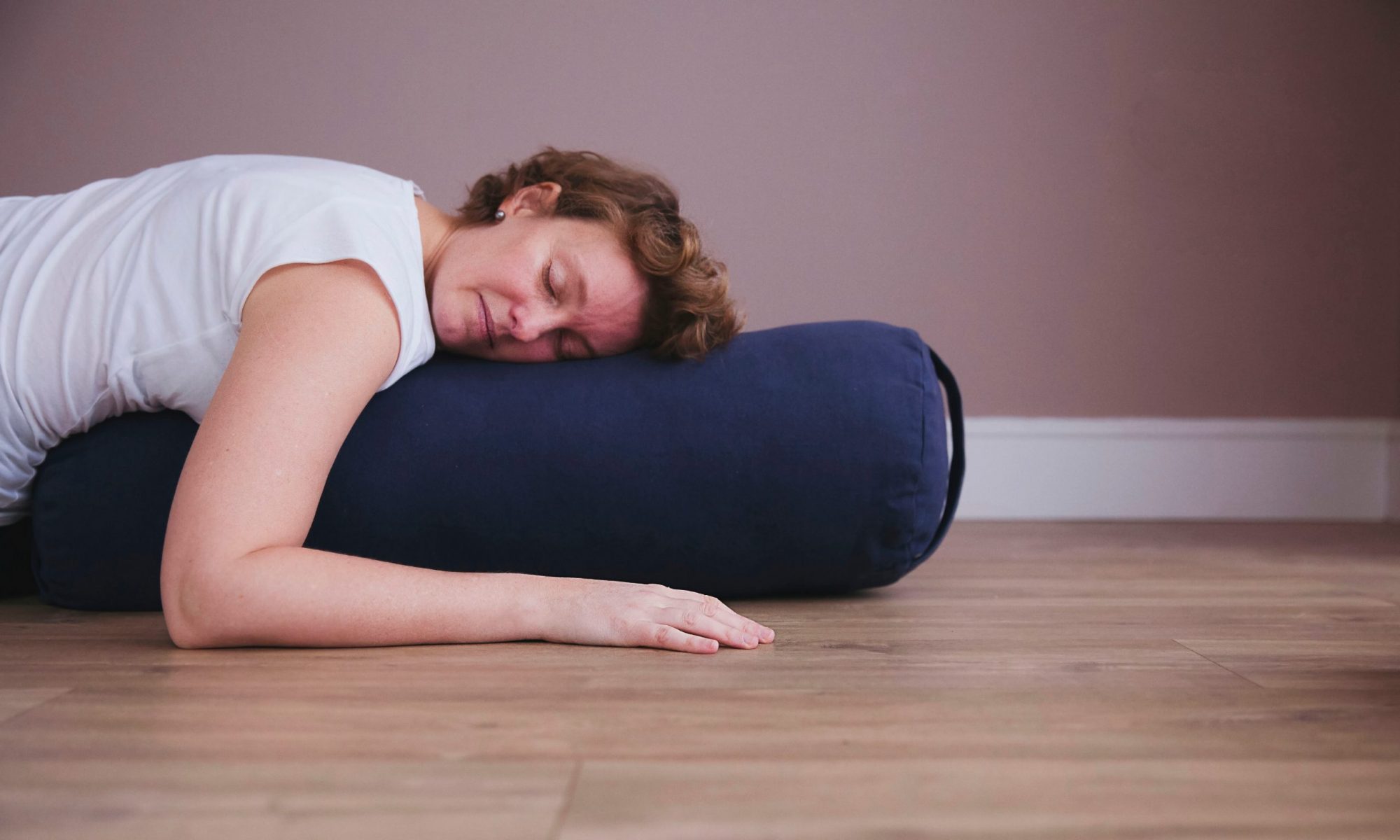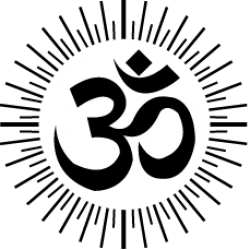I shared these words from Jack Kornfield on Sunday in a workshop and I thought we can all do with a reminder…
Our life can take on a whirlwind quality of working, responding, answering, solving, building, caring, tending and enjoying. When we are busy, and conflicts or difficulties arise, we can easily find ourselves overwhelmed, or reacting to problems in ways that make things worse.
Because experience happens so quickly, unskillful habitual responses can come out of our mouth before we know it. It helps to practice skillful responses when things are easy. That way when things are tough, a healthy pattern is available, already set. It also helps to train ourselves to pause before we respond. This is called the sacred pause, a moment where we stop and release our identification with problems and reactions. Without a pause our actions are automatic.
In a moment of stopping, we break the spell between past result and automatic reaction. When we pause, we can notice the actual experience, the pain or pleasure, fear or excitement. In the stillness before our habits arise, we become free to act wisely.
In this pause, we can examine our intention. If we have set a long-term intention or dedication for our life, we can remember our vows. Or we can simply check our motivation. Are we caught up, upset, angry, trying to get even, win at any cost? Or with a pause, can we take the time to act out of respect for ourself and others, to sow seeds of understanding and courage? It is in our hands.
The power of intention is most easily visible in our speech. In conversation, we get immediate feedback, and often the response we get will reflect our intention. Before we speak, we can pause and sense our motivation. Is our motivation one of compassion and concern for everyone? Or do we want to be right? Clarifying our intention is critical in times of difficulty. When there is difference or conflict, do we genuinely want to hear about the concerns of the other? Are we open to learn, to see other perspectives?
Try this during your next argument or conflict: Take a pause. Hold everyone’s struggle in compassion. Reflect on your highest intention. Whenever things get difficult, pause before you speak and sense your wisest motivation. From there, it will all flow better.
This is the secret of wise speech. As the Buddha describes it: “Speak with kindly motivation. Speak what is true and helpful, speak in due season and to the benefit of all.” When we pause and connect with our highest intention, we learn to see with eyes of compassion and everything becomes more workable.
Excerpt from The Wise Heart
Like this:
Like Loading...

